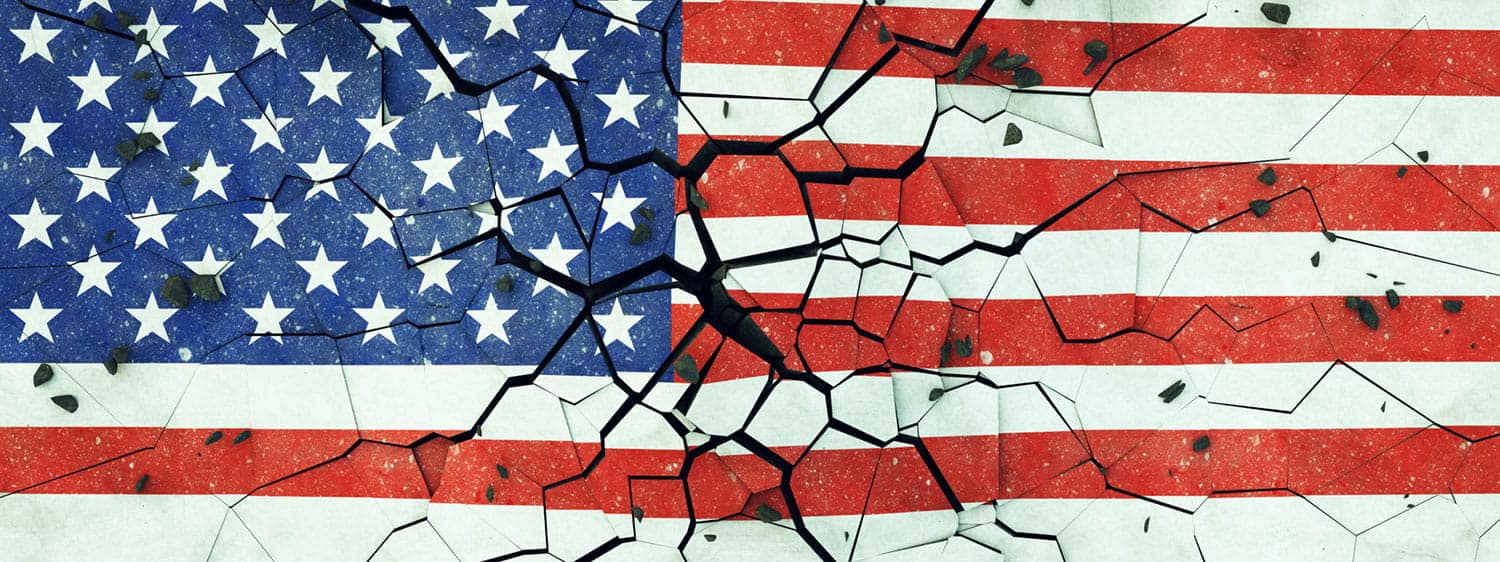
How to Save American Higher Education
By Gerson Moreno-Riaño, Ph.D.
For decades, philosophers have argued that higher education’s value is rooted in its nurturing of the tolerant democratic citizen, and that it should cultivate within students the requisite “habits of the heart” to sustain our democratic way of life. This belief motivated The National Task Force on Civic Learning and Democratic Engagement to publish A Crucible Moment: College Learning & Democracy’s Future, which argued that, “higher education has a distinctive role to play in the renewal of U.S. democracy” as colleges are “the nation’s most valuable laboratories for civic learning and democratic engagement” to develop inter alia the virtue of tolerance in students.
Unfortunately, as of late, something has gone wrong. Too many are the recent examples of intolerant and vicious college-educated individuals participating in the movement to destroy American democracy. These contemporary collegiate revolutionaries do not hail from North Korea or the People’s Republic of China, but from well-respected U.S. universities. How is it possible that American higher education – the envy of the modern world – has become instrumental in producing the intolerant undemocratic citizen?
For answers, The Vanishing West, a National Association of Scholars’ report, observed that in the early 1960s, 10 of the “top” 50 U.S. universities mandated a Western Civilization course; by 2011 none of these schools and only one of the 75 public universities mandated such a course. The authors also discovered that American history courses had virtually disappeared from general education requirements. Recent studies from the American Council of Trustees and Alumni confirm and alarmingly expand the findings of the NAS study. American higher education has become one of the leading culprits in the miseducation of today’s students and the corrosion of US democracy. If students are not learning about the development, strengths and frailties of Western Civilization and the United States, then how can they nourish democracy and cultivate the requisite virtues to protect it? What are these students learning?
This fall semester, Washington & Lee University, one of America’s oldest and most distinguished universities, is offering a freshman class entitled, Writing Seminar for First-Years: How to Overthrow the State, which “places each student at the head of a popular revolutionary movement aiming to overthrow a sitting government and forge a better society” and requires a “Manifesto” or an essay “rewriting history.” Yale University has eliminated courses in art history and English literature to “decolonize” degree requirements with others colleges and universities offering courses in “The Power of Whiteness” (Providence College), “Racial Capitalism” (Williams College), “Queering God” (Swarthmore College) – not even God is exempt from a revolutionary makeover – and “How to Stage a Revolution” (MIT). The department of English at the prestigious University of Chicago has announced that it will only accept graduate applicants who solely focus on Black studies. And The Walter Cronkite School of Journalism at Arizona State University, America’s most “innovative university,” removed its dean and the work of several of its journalists simply for publishing content deemed too friendly to the police.
Joseph Epstein recently argued in the Wall Street Journal that today’s college classroom resembles the “pedagogical equivalent of psychotherapy” where teaching focuses on creating therapeutic learning spaces. To this we should add college classrooms that resemble an engineering laboratory for revolution where teaching focuses on terraforming students into radical, violent activists. These “classrooms” are the breeding grounds of intolerance where the other – any other – who does not pledge absolute, blind allegiance to the emerging revolutionary ethos is demonized, canceled or destroyed. Colleges are subject to this same insidious ethos with an abolitionist movement afoot seeking to erase universities along with police and prisons.
These anti-democratic and anti-educational impulses must be resisted. It is critical that the essential value of our academic institutions be unearthed and championed. To sustain our democracy, this essential value resides in a university education that explores the eternally enduring True, Beautiful and Good. Freedom is beautiful and good. But the thirst for freedom must always be justly tempered with the True. To thirst for freedom without the True leads inevitably to the catastrophes, atrocities, and wickedness of Stalin, Mao and Hitler.
American higher education must be renewed so that it can reject the revolutionary impulses that will lead to its demise. This renewal begins when universities are held accountable to provide education that is truly tolerant—that fairly considers the breadth and depth of approaches to the True, Beautiful and Good, and is not myopically fixated on the perspectives of the “oppressed.”
Academic institutions that support the overthrow of American democracy should be defunded. Since public monies support most of higher education, these monies should not be provided to institutions that support the overthrow of a good, albeit imperfect, society. Renewal also means the revision of academic tenure. Universities should re-envision tenure as a sphere of social responsibility to advance the well-being of our democratic way of life and not a privileged safe space to advocate for its destruction.
Lastly, American higher education must be renewed to foster the moral formation of students as human beings worthy of love and not just socially constructed bearers of identity worthy of freedom. To love these students means to teach them how to be tolerant, democratic citizens who contribute to the flourishing of one and all. Renewed upon these pillars, Americans might once again find value in higher education. Our universities and colleges, our students, and our democracy need this renewal now more than ever.
Gerson Moreno-Riaño, Ph.D. is executive vice president for academic affairs and professor of government at Regent University.
This editorial was originally published by The Washington Examiner on October 18, 2020. Reprinted with permission.


